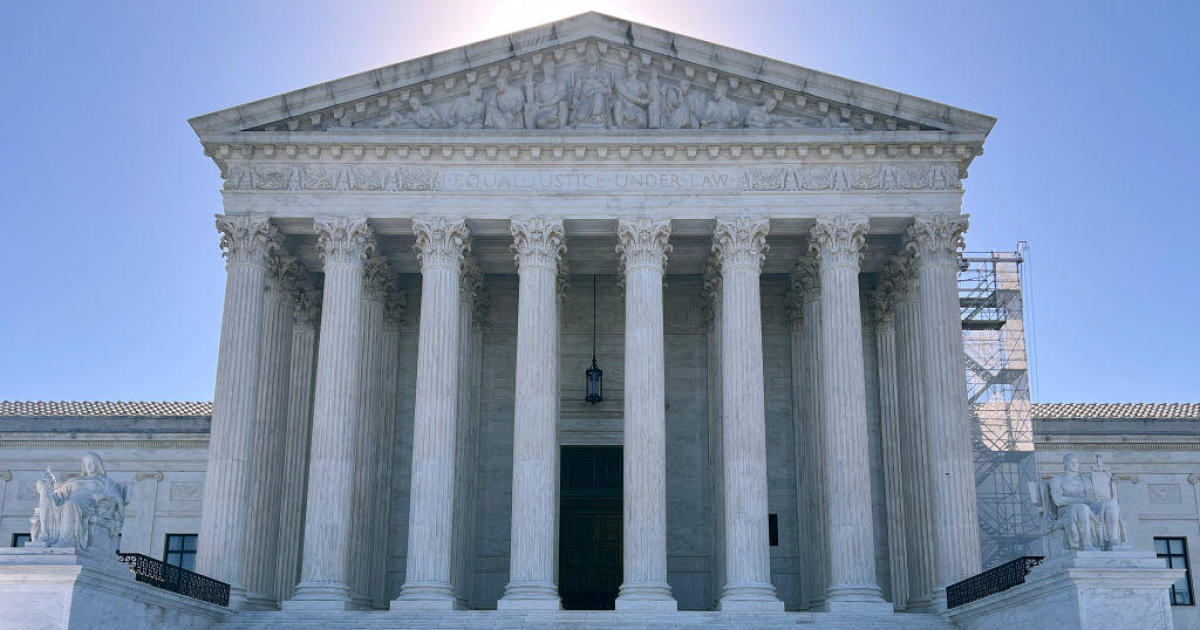Washington — The Supreme Court on Thursday ruled against the Securities and Exchange Commission in a dispute over the agency’s ability to use in-house tribunals to seek civil penalties against defendants for securities fraud, stripping the agency of a key enforcement tool.
The court ruled 6-3 against the SEC in the case, finding that the Seventh Amendment entitles a defendant to a jury trial. The court split along ideological lines, with Chief Justice John Roberts writing for the conservative majority.
SEC v. Jarkesy
The case, known as SEC v. Jarkesy, was one of several before the Supreme Court this term that challenged the actions of federal agencies and threatened to curtail their power.
This dispute involved the ways in which the SEC enforces securities laws: through civil actions brought in federal district court or through internal proceedings overseen by in-house administrative law judges. These judges, appointed by the SEC in this case, can be removed only for “good cause established and determined by the Merit Systems Protection Board,” whose three members are appointed by the president and can be removed “only for inefficiency, neglect of duty, or malfeasance in office.”
The case arose in 2013, when the SEC brought an administrative proceeding against George Jarkesy, the founder of two hedge funds with roughly 120 investors and $24 million in assets. An administrative law judge at the SEC was assigned the proceeding and found that Jarkesy violated several securities laws. He was eventually ordered to pay a civil penalty of $300,000 and his advisory firm, Patriot28, also had to repay nearly $685,000 in what the SEC determined were illicit gains.
Jarkesy appealed the decision to the U.S. Court of Appeals for the 5th Circuit, as allowed under the law, which tossed out the SEC’s findings on three different constitutional grounds. In a divided ruling, the appeals court found that the SEC’s proceedings violated the Seventh Amendment right to a jury trial and held that Congress improperly delegated power to the SEC when it allowed the agency to conduct the internal tribunals in certain matters or bring a case in district court. Lastly, the 5th Circuit ruled that the limits on the removal of the SEC’s administrative law judges were unconstitutional.
The SEC appealed the decision to the Supreme Court and asked it to review the three constitutional issues in late November. But much of the argument session before the justices involved Jarkesy’s claim that Congress violated the Seventh Amendment by allowing the SEC to conduct in-house administrative proceedings.
The case threatened to upend the work of administrative law judges that work in federal agencies, including the Occupational Safety and Health Administration, Social Security Administrative and Environmental Protection Agency.

